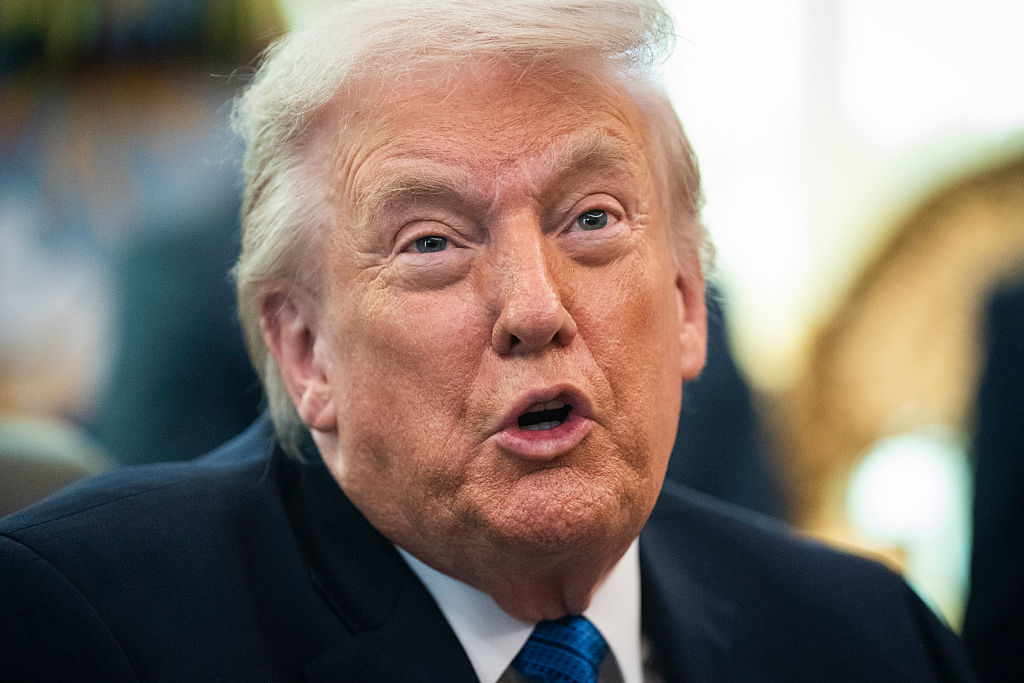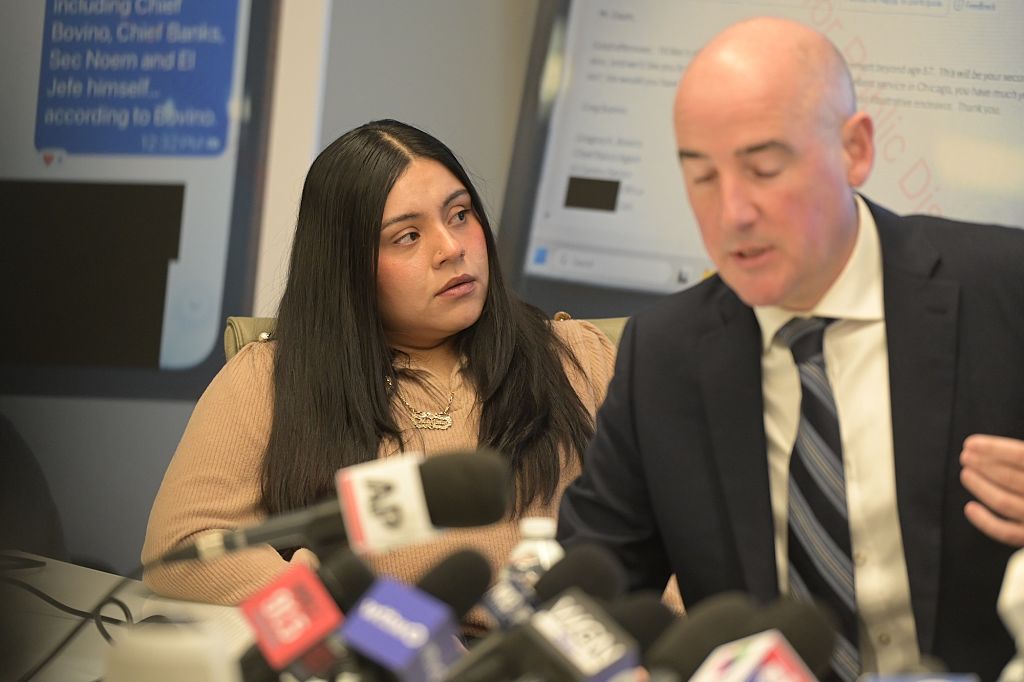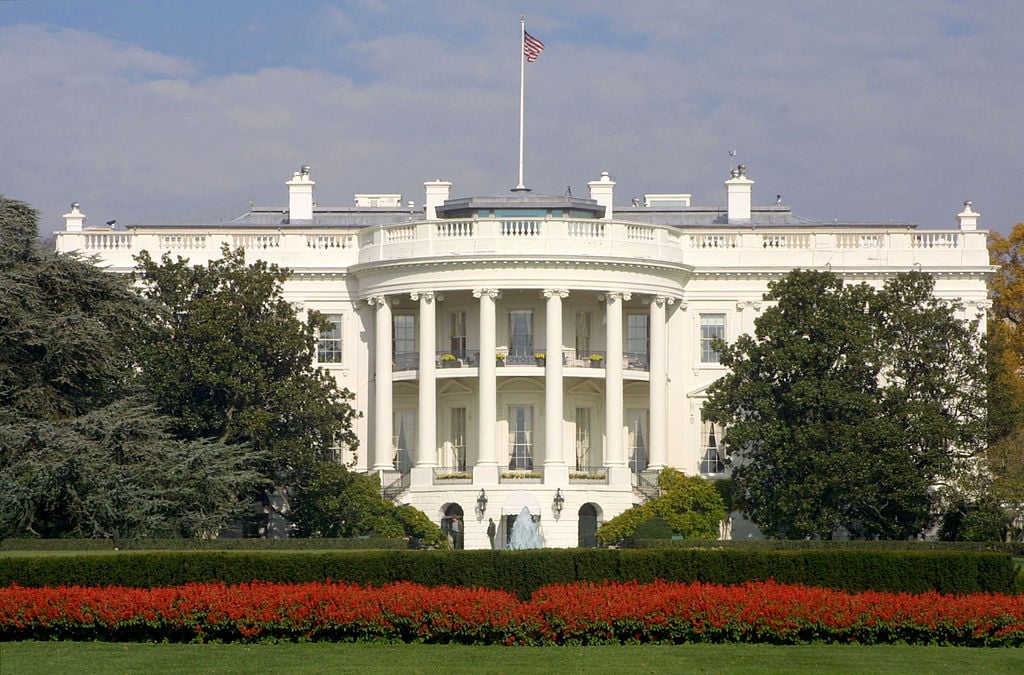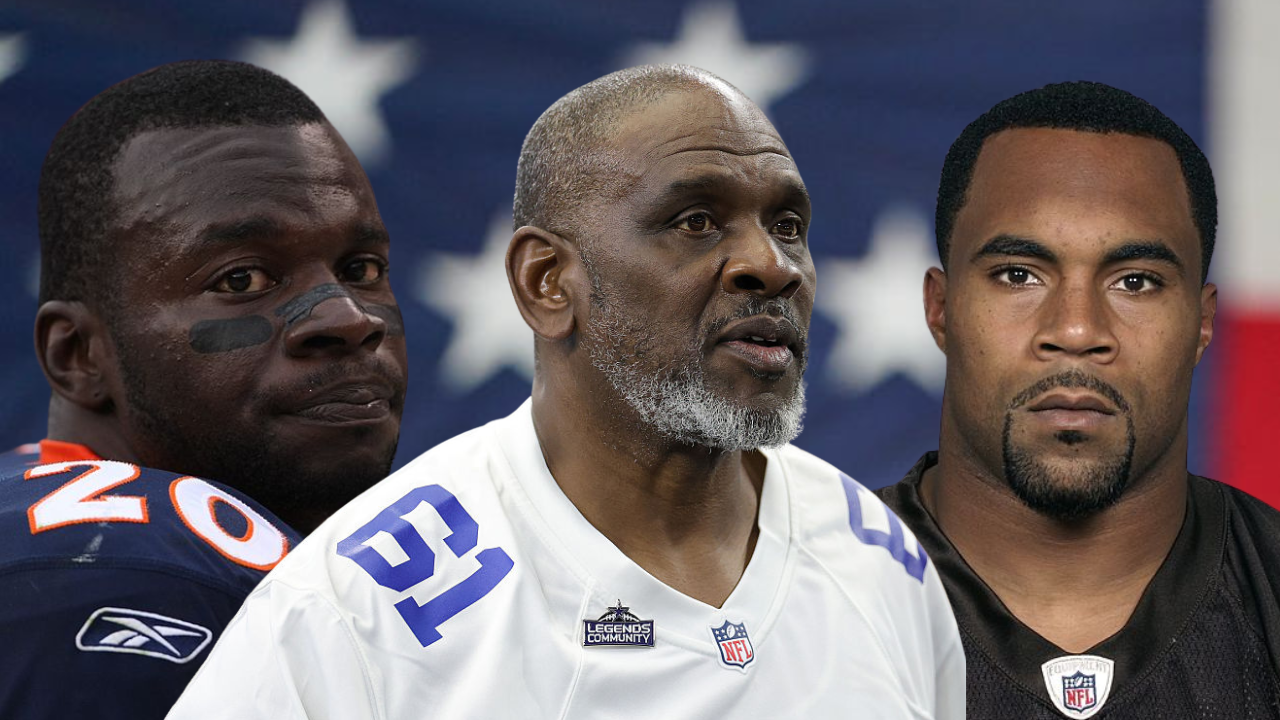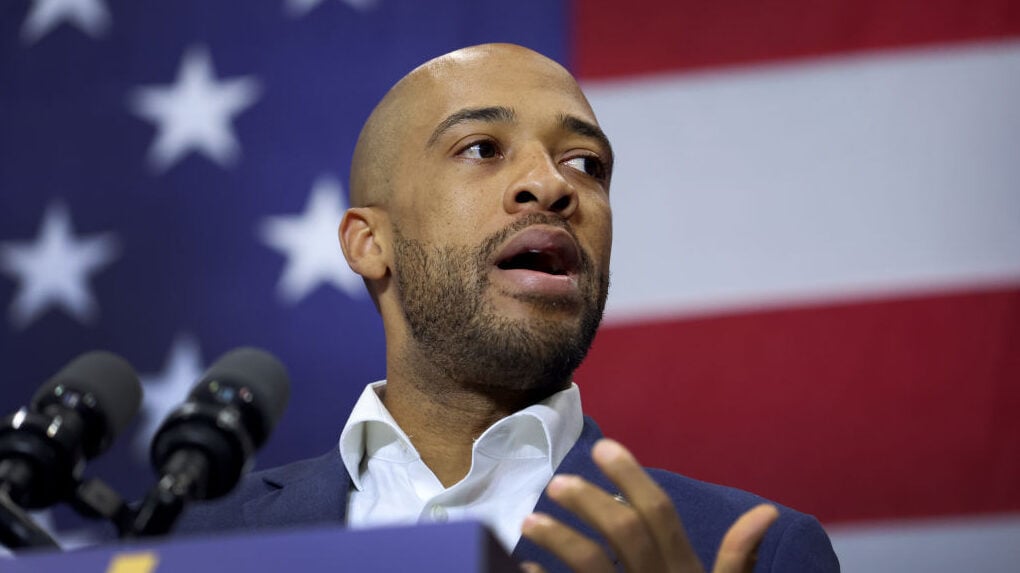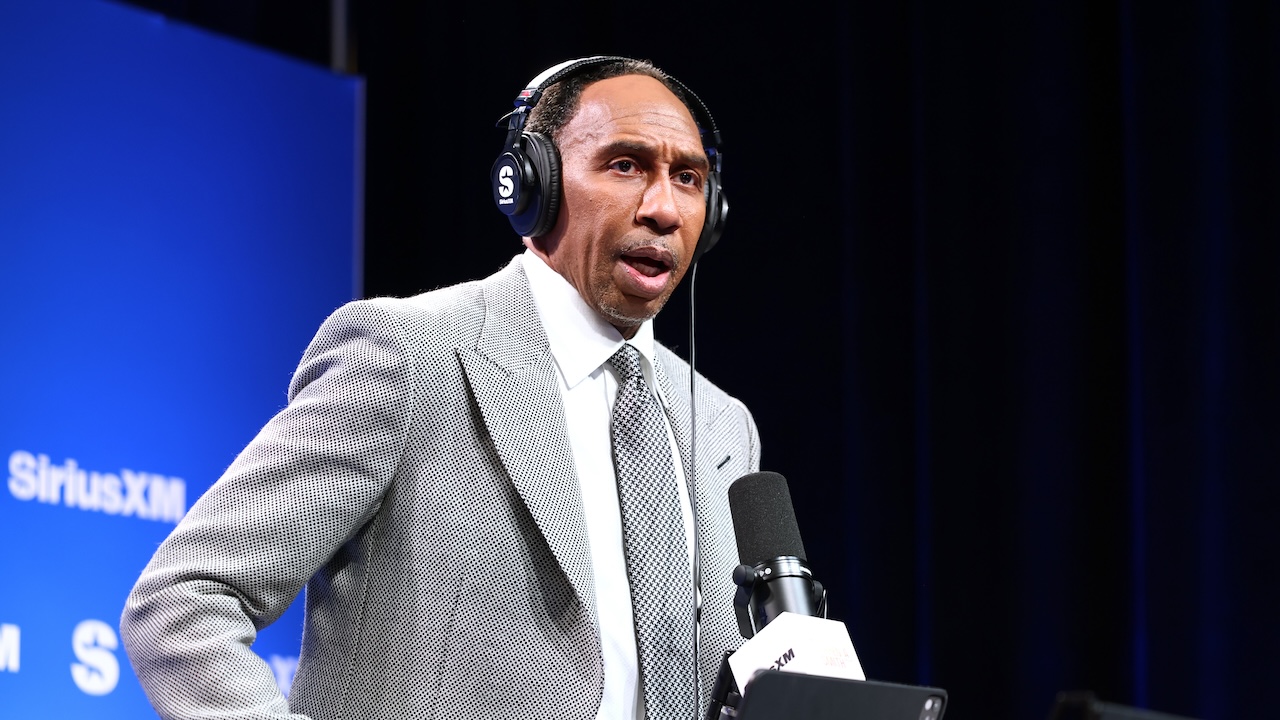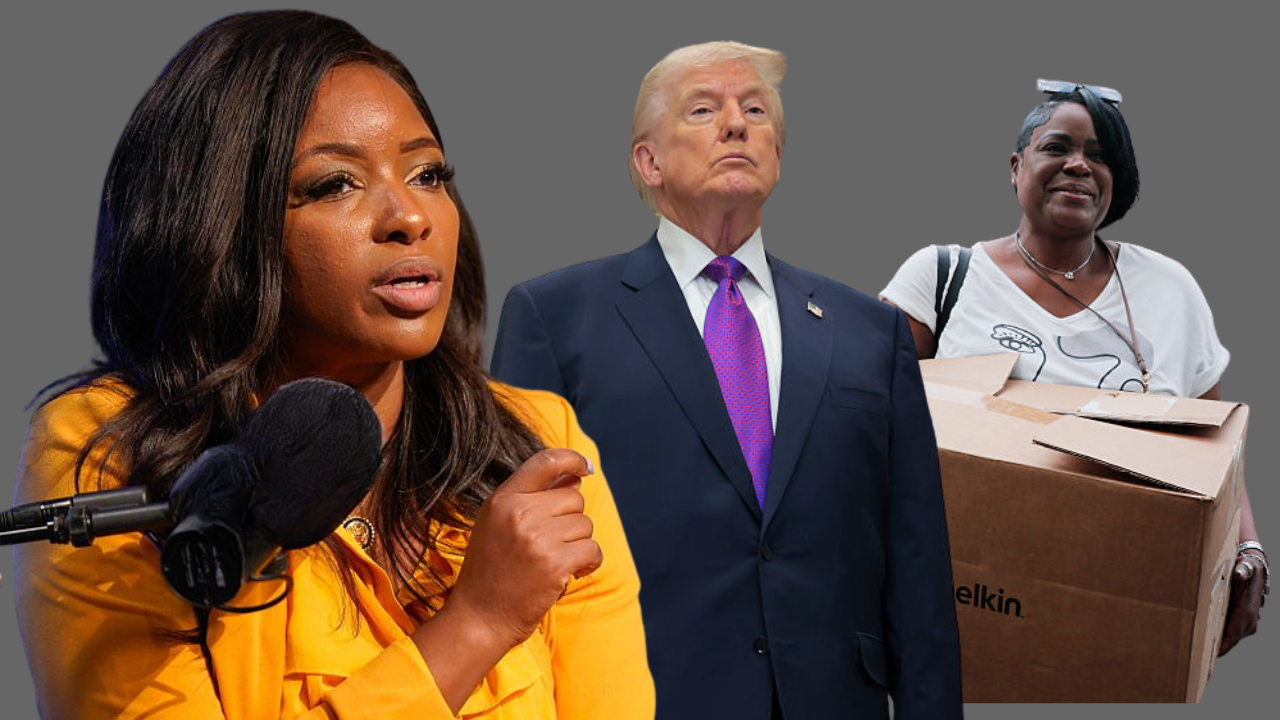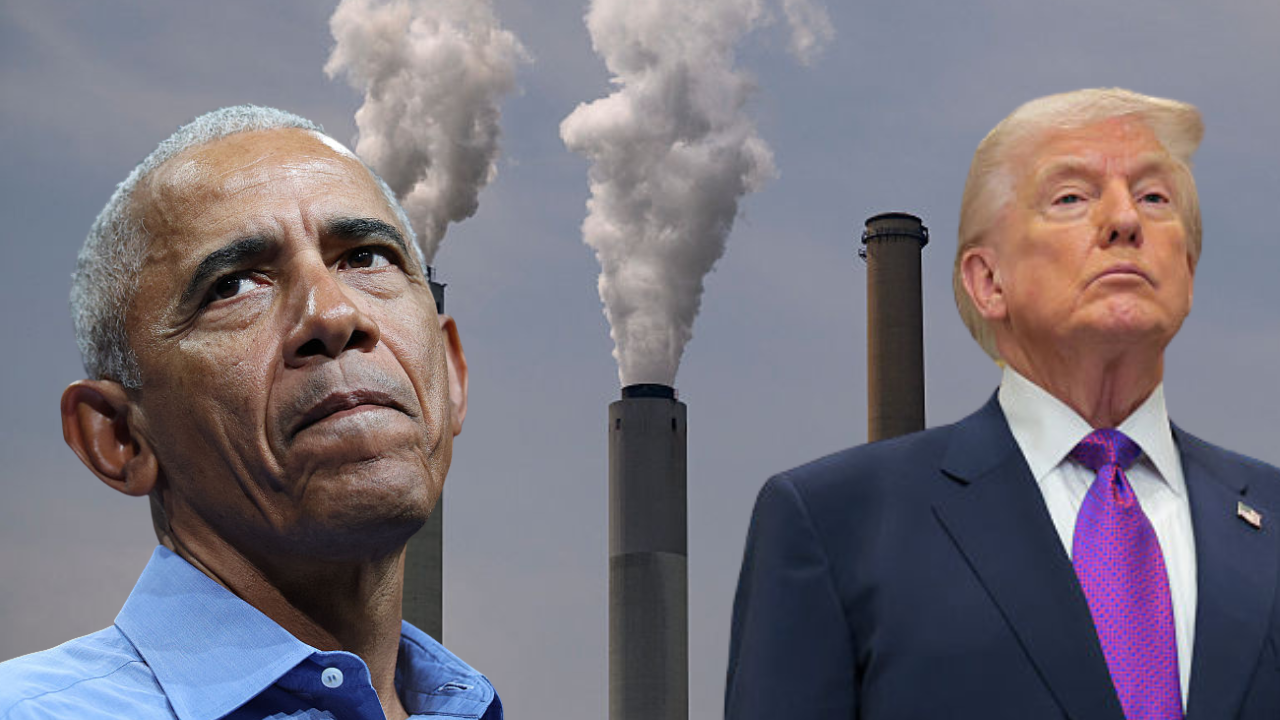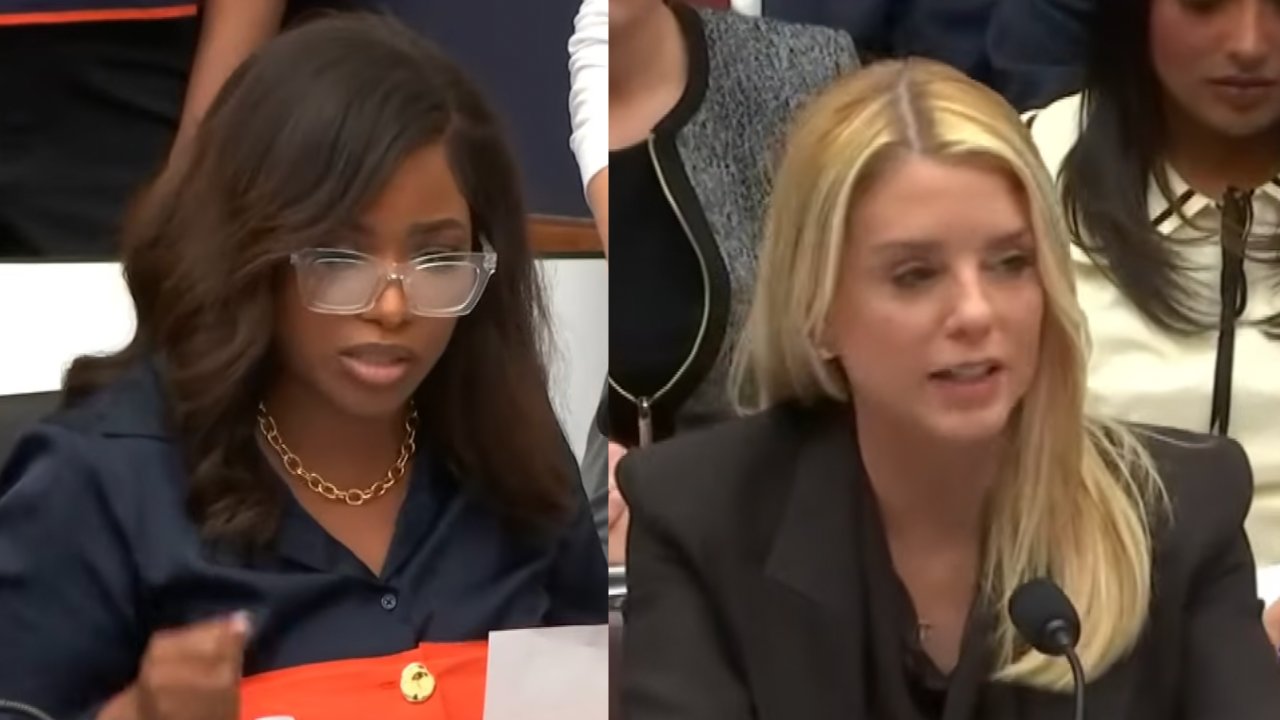‘Recognition, responsibility, and restitution’: Ghana presents historic reparations push for Africans and Black Americans
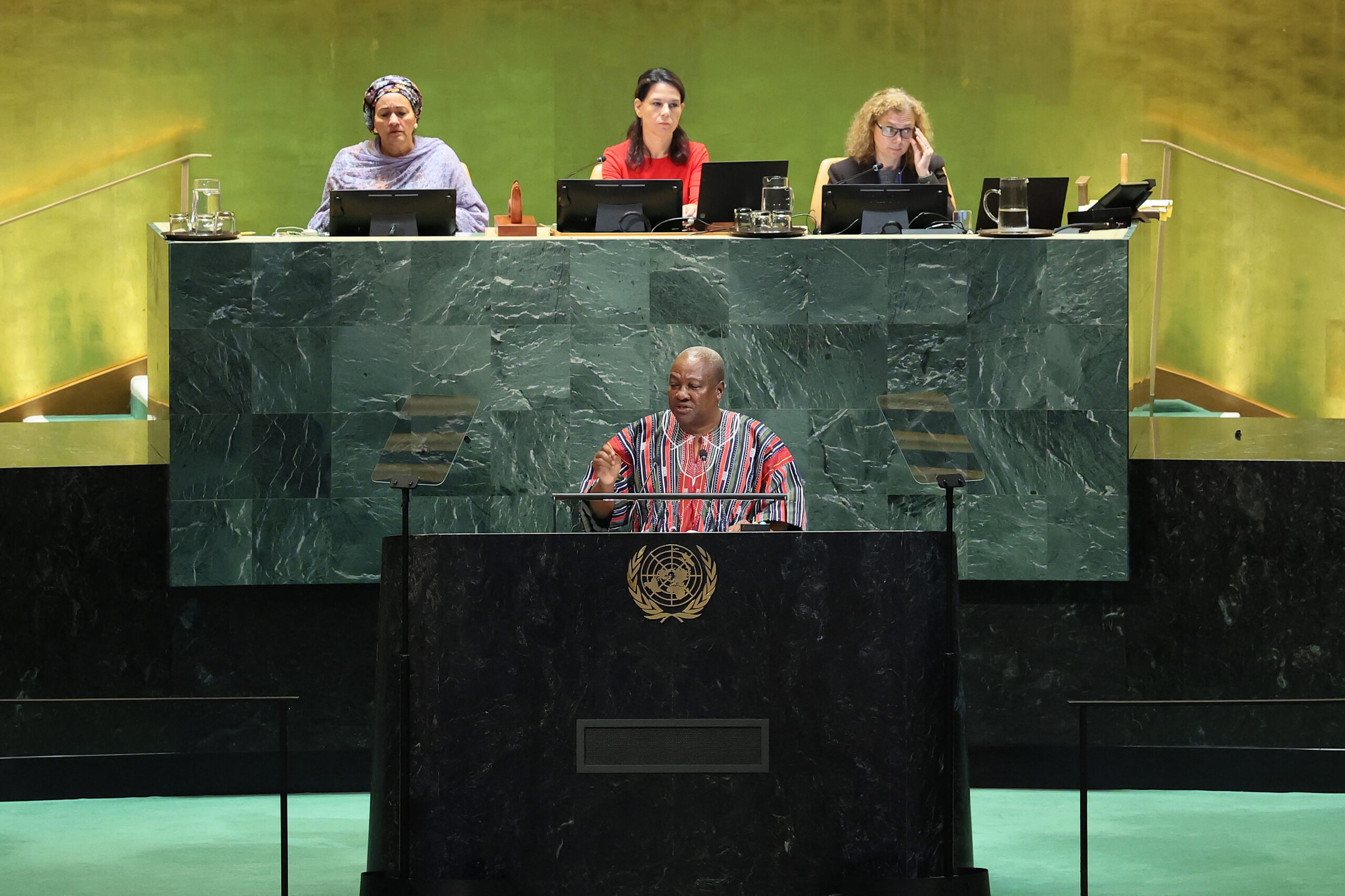
Naming the slave trade humanity’s “greatest crime,” African leaders at the UN are pushing for reparations, a debt long denied to Black people.
For centuries, the transatlantic slave trade has been treated as history — a horrific chapter to be memorialized but not rectified. Last week at the United Nations General Assembly, Ghana’s president, John Dramani Mahama, forced the world to confront that fiction, calling the trade “the greatest crime against humanity” and demanding reparations on behalf of Africans and their descendants worldwide.
Mahama announced plans to submit the first formal motion calling for reparative justice through a global body. The proposal challenges the international community to back a framework of U.N.-endorsed compensation for the centuries of stolen labor, wealth extraction, and generational harm inflicted on Africans and their descendants. For Black Americans, it could become a watershed moment, amplifying calls for recognition and material redress in the U.S.
“Reparatory justice is not about pity,” Mahama said as reported by Capital B News. “It is about recognition, responsibility, and restitution. The descendants of Africa deserve the dignity of acknowledgement and the fairness of redress.”
Mahama’s address underscored a united front, with support from the Central African Republic and allies in Latin America such as Bolivia, which has advocated for financial restitution, environmental restoration, and the return of stolen cultural heritage. “We demand reparations for the enslavement of our people and the colonization of our land that resulted in the theft of natural resources, as well as the looting of artifacts and other items of cultural heritage that have yet to be returned in total,” Mahama added.
Mahama pointed to a deep historical hypocrisy: Western governments compensated enslavers for their so-called “losses” after abolition, but never provided reparations to the enslaved or their descendants. That injustice has compounded over generations, shaping today’s racial wealth gap and fueling systemic inequities across housing, education, and health care.
On social media, Black folks made clear how overdue this conversation is.
The fact that the transatlantic slave trade, which saw millions of Africans ripped from their homes, forced into slavery, and subjected to unimaginable atrocities across the Americas and the Caribbean, is still not formally recognized as a crime against humanity is ridiculous.… pic.twitter.com/krkcP8kMV2— The Cake Lady (@got_cake) September 30, 2025
“It’s past time the world delivers true justice for our stolen ancestors,” Attorney Ben Crump wote on threads.
View on Threads
Others noted how Black people across the diaspora from enslaved people in the motherland to enslaved people in America are united by struggle.
View on Threads
Ghana’s motion outlines three pillars: direct financial compensation, the restoration of exploited environments in Black communities, and the return of cultural property stolen during colonization. These demands challenge the narrative that slavery is a closed chapter, insisting instead that its consequences are alive in the structural realities Black people face today.
“We must demand reparations for the enslavement of our people and the colonization of our land that resulted in the theft of natural resources,” Mahama underscored.
Western nations, especially the U.S., have historically blocked reparations measures at the U.N. To succeed, Ghana’s proposal would have to gain the support of more non-African nations. Ultimately, Ghana’s leadership, supported by allies in Africa and Latin America, reframes the issue as a universal human rights concern, forcing the world to consider: if the greatest crime against humanity has never been repaired, what does that say about the systems we rely on to deliver justice?
What's Your Reaction?
 Like
0
Like
0
 Dislike
0
Dislike
0
 Love
0
Love
0
 Funny
0
Funny
0
 Angry
0
Angry
0
 Sad
0
Sad
0
 Wow
0
Wow
0




